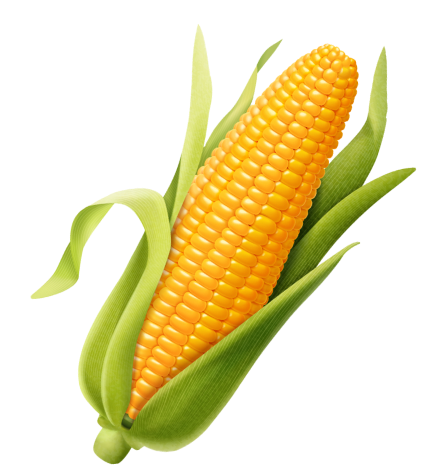Seed Corns
Myths and Legends About Corn
Corn is such a typical food that many myths and misconceptions exist around it. Many people believe these and spread them to others. As a result, these myths affect the way that people look at seed corns. And, thankfully, most of them aren’t true. However, there is always some misunderstanding that explains why people feel that way. So let’s examine these myths right now.
Myth One: Store Corn is Genetically Modified
The idea that store-bought corn is modified is a long-standing one that has become very persistent among those who are against any changes. That’s because around 90 percent of all corn, cotton, and soybeans are grown from seeds with some genetic differences. So if your seed corns are being modified, does that mean that you are eating modified corn every time you open a can?
Here is an interesting fact – only about one percent of all corn grown in the US is sweet corn. This type is what you eat every time you cook a corn-based meal. And here is a related factoid – almost none of that corn is genetically modified. Though some of it has been changed to make it stronger, a vast majority of GMO corn it not used for food at any time.
What is it used for instead? About 40 percent is converted into ethanol for your engine fuel. A similar amount goes into livestock feed. The last 20 percent is used in processed food. “Aha!” you may exclaim. So I am eating GMO corn? Yes, but the corn that you prepare for your meals – such as corn on the cob or canned corn – is typically grown from non-GMO seeds.
Myth Two: Corn is Bad for You
How many people reading this sentence right now KNOW that corn is bad for your health? A lot of you probably just raised your hands right now. Okay, and how many of you KNOW that corn can cause you to gain weight and may trigger other health problems? Again, probably a lot of you are nodding and agreeing with these statements. But what if we were to say that corn and seed corns are not bad for your health?
It is true! First, let’s examine the nutritional makeup of corn. This vegetable is a carbohydrate that is very high in starch. This listing means that it has an above-average glycemic index. And it doesn’t have as many Omega-6 fatty acids as Omega-3 ones. As a result, many people claim that corn is unhealthy to eat and should be avoided as much as possible.
However, this idea ignores the fact that corn is also packed with many types of vitamins and minerals. Folate, niacin, vitamin C, lutein, iron, magnesium, potassium, and zinc are all found in corn. Yes, other foods do, indeed, help you lose and maintain weight better than corn. But adding a small amount to your diet can still provide you with a potent blast of healthy nutrients that you need.
Myth Three: People Don’t Need Corn
A growing subset of people argue that corn or even seed corns are not healthy or necessary for your diet at all. For example, people on low-carb diets and keto routines cannot eat corn. That’s because corn will affect the ketosis that makes them beneficial. And those on paleo diets have stated that corn is not a good eating choice because it wasn’t eaten by our ancient ancestors.
However, trying to go without corn is nearly impossible in today’s modern world. If you eat a piece of fried chicken, it has likely been breaded. And that breading often consists of corn byproducts. Anytime you eat chicken nuggets, you are arguably eating more corn than you are chicken. Beyond that, most types of food have corn starch somewhere in their recipe.
Therefore, it is almost impossible to bypass this product entirely. Even if you don’t eat corn, you may find its fibers in many types of products and other items. Therefore, you might as well resign yourself to the fact that corn is all around you. And now that you know it contains many vitamins and nutrients, you don’t have to feel so guilty about eating it anymore.
Myth Four: Corn Fuels Damage the World
When ethanol was first invented in 1925, Henry Ford claimed that it would be the fuel of the future. He believed that it would be cheaper to make than gasoline and would have fewer adverse effects. Well, here we are almost 100 years later, and ethanol is still not the primary fuel option. Not because it has a genuinely detrimental impact on the environment – as some have argued – but due to economic factors.
That said, there is a bit of an issue with making ethanol because it can produce some greenhouse gases during this process. Some scientists claim that this makes ethanol more trouble than it is worth. However, the negative effect that it has is either minimal or negated by other benefits. Therefore, the science community is in a bit of a puzzle about this particular issue.
As a result, a growing number of scientists state that corn-based fuels do have a positive effect on greenhouse gas decreases. However, they also say that fuels made from animal fats, recycled grease, and even algae may have a better outcome. Until those fuels are fully understood and implemented correctly, and on a mass scale, corn-based ethanol is going to have to do.
Contact Us to Find Great Corn
Contact us at Online Seed Sales if you are interested in high-quality seed corns. Our experts can help you find the products that work right for you. Then, we will take the time to set you up with the highest-quality corn seeds that you can find for your money.


